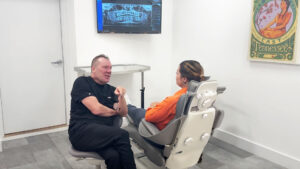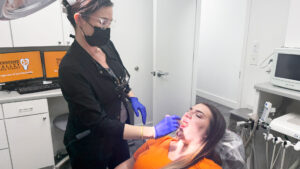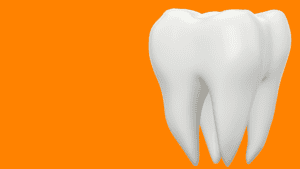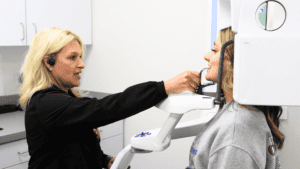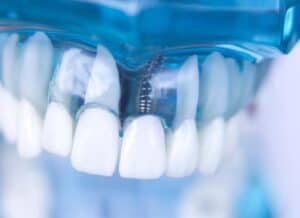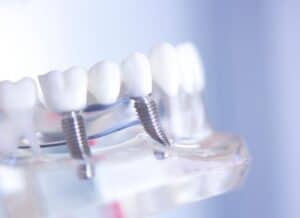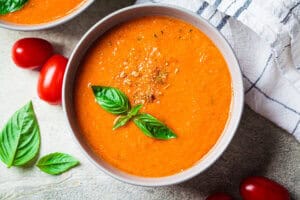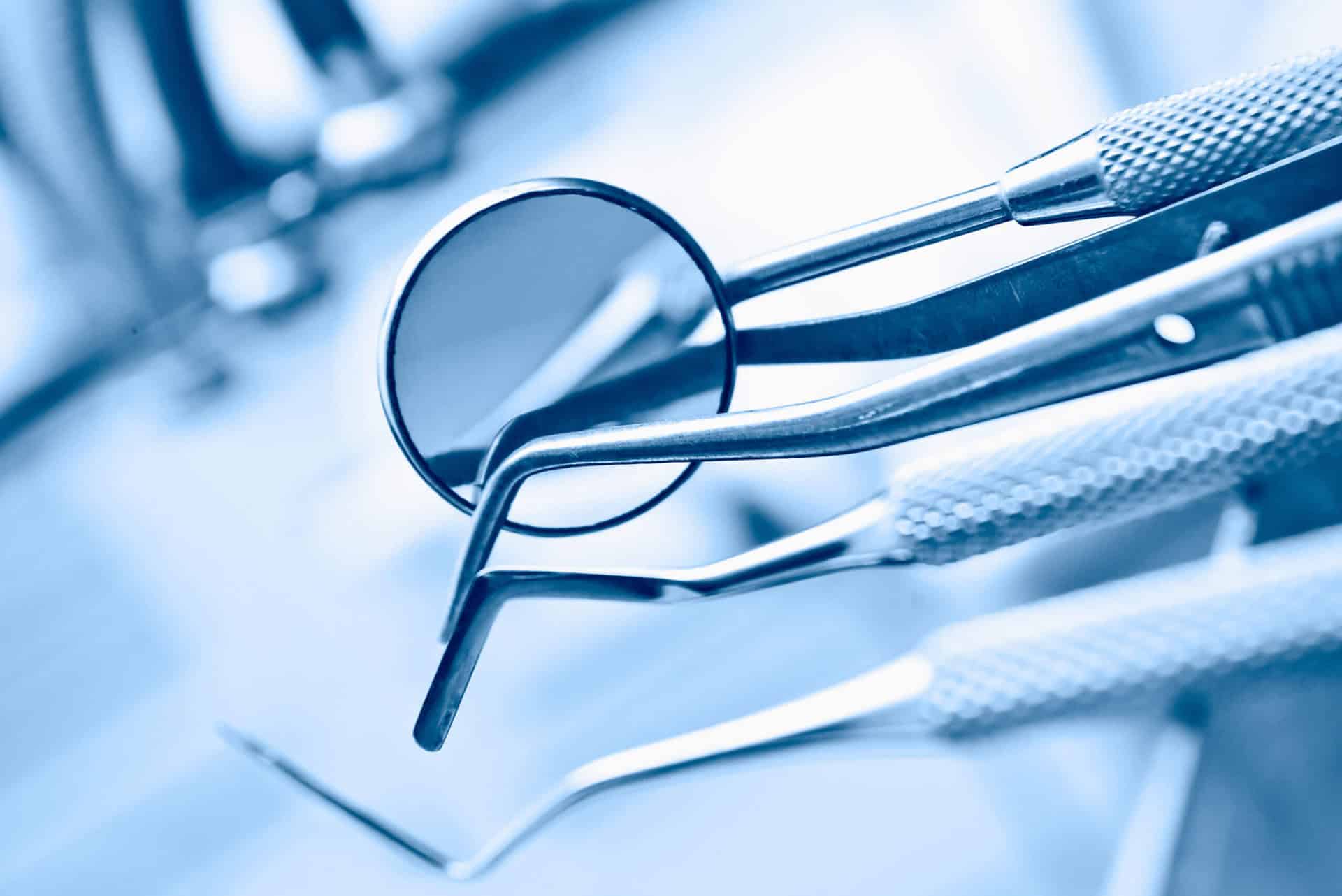Have you had oral surgery recently at Tennessee Valley Oral Surgery? A very commonly asked question is, “What can I eat after my oral surgery?”
Now, before eating anything, here are a few key rules to remember:
- No Straws! The sucking action of using a straw can interfere with the healing process and even cause a condition called dry sockets, which can be very painful.
- Exercise care in the surgical area on the same day of surgery. Do not disturb the surgical area this same day of surgery – no vigorous rinsing, probing the area with objects or fingers or smoking.
- Continue brushing your teeth – but be gentle. Begin your normal oral hygiene routine as soon as possible after surgery. Soreness and swelling may not permit vigorous brushing of all areas, but please make every effort to clean your teeth within the bounds of comfort.
- Keeping your mouth clean after surgery is essential. Use one-quarter teaspoon of salt dissolved in an 8-ounce glass of warm water and gently rinse with portions of the solutions, taking 5 minutes to use the entire glassful. Repeat as often as you like but at least two or three times daily for the five days after surgery. If you have had dentures placed, remove them twice daily and rinse them with warm saline.
With these rules in mind, your diet should be a liquid diet. Eat any nourishing food that can be taken with comfort. The temperature of the food doesn’t matter but avoid extremely hot foods. It is usually advisable to confine the first day’s intake to bland liquids or pureed foods such as:
- Soft scrambled eggs
- Mashed potatoes
- Pureed soups
- Yogurt
- Smoothies
- Applesauce
- Pudding
- Ice cream (without nuts or candy)
- Jello
- Blended fruit juices
- Milkshakes
- Protein shakes
- Cream of wheat
- Oatmeal (cooked well and cooled)
- Cottage cheese
- Hummus
- Guacamole
- Mashed avocado
- Soft cooked pasta
- Soft cooked rice
- Steamed vegetables (without seeds or skin)
- Mashed bananas
- Soft fruit (peaches, pears, mangoes, etc.)
- Scrambled tofu
- Lentil soup
- Vegetable soup
- Broth-based soups
- Macaroni and cheese
- Tuna or chicken salad (mashed well)
- Soft bread or toast (soaked in milk or broth)
- Soft tortillas
- Soft-cooked fish
- Creamed spinach
- Soft-cooked carrots
- Rice pudding
It is important to avoid foods like nuts, sunflower seeds, popcorn, etc. that may get lodged in the socket areas.
Over the next several days, you can progress to solid foods at your own pace. Remember not to skip meals! Taking nourishment regularly will:
- Help you feel better
- Allow you to gain strength
- Help you have less discomfort
- And help you heal faster.
If you are a diabetic, maintain your normal eating habits as much as possible and follow instructions from your physician regarding your insulin schedule.
Good nutrition is important and don’t get dehydrated.
These are just some of the primary rules to follow after oral surgery. If you have excessive bleeding, discomfort, or oozing, don’t suffer unnecessarily! Call the office and report your symptoms so you can be seen as soon as possible. It is our desire that your recovery is as smooth and pleasant as possible.
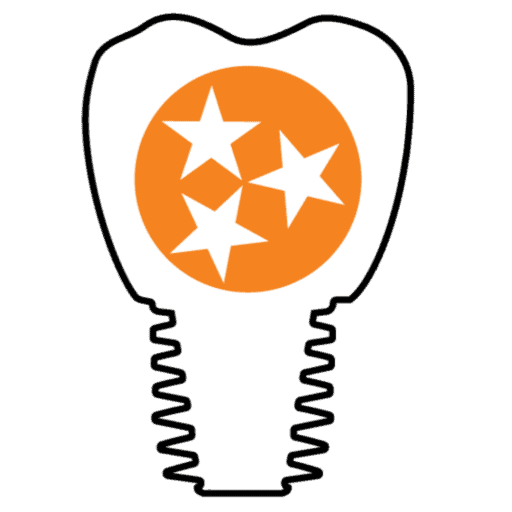
Schedule an Appointment Today
Are you a patient in the Knoxville, Lenoir City or Maryville, TN area needing oral surgery?
Have More Questions?
Check out our frequently asked questions to get more answers about your oral surgery procedure.
